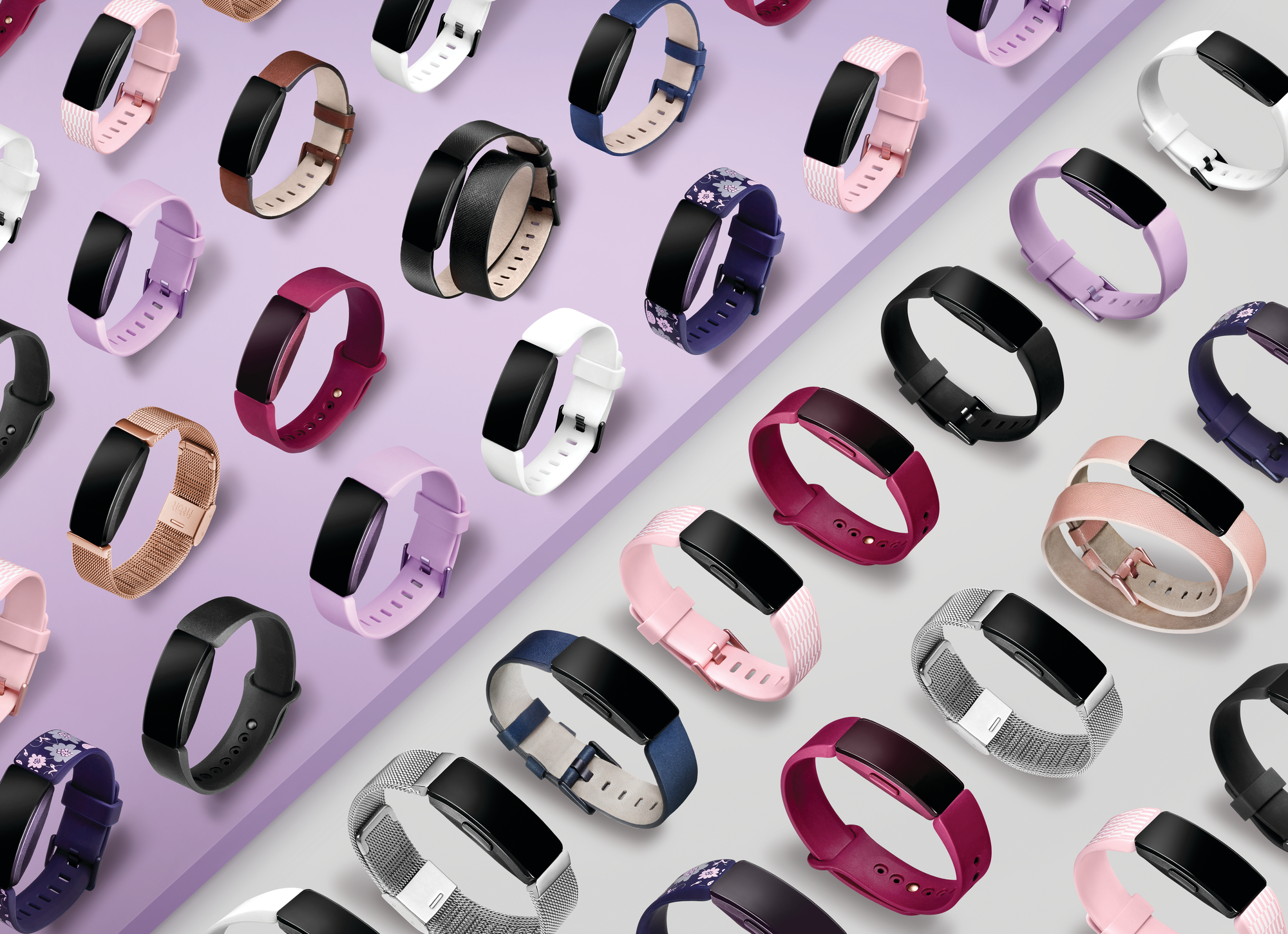
When it comes to consumer health, Apple has kept a step ahead of Google, between winning FDA clearance for an atrial fibrillation feature for Apple Watch, to adding a feature for people to manage their health records. But after its $2.1 billion acquisition of Fitbit, Google seems to be making the wearables company the focus of its consumer health efforts.
Recently, the company shuffled its health business, moving roughly 130 of its 700 workers to its Fitbit and Search divisions, according to a report by Business Insider. Fitbit will gain some of the teams that were working on health sensors and personal health records, according to the report. None of the remaining Google Health employees will be focused on consumer technology, leaving Fitbit to lead that charge.

The Power of One: Redefining Healthcare with an AI-Driven Unified Platform
In a landscape where complexity has long been the norm, the power of one lies not just in unification, but in intelligence and automation.
Analysts interviewed by MedCity News said it’s no surprise that Google would focus its consumer health efforts on Fitbit, given the broad reach of its devices and its inroads with health plans.
“The majority of Fitbit’s customers are consumers, which makes it important for both Google and Fitbit to focus on,” Ramon Llamas, a research director at IDC covering mobile devices, wrote in an email.
But the company still faces a big challenge in elevating wearables beyond a nice-to-have device to something with clinical value.
“If you look at what Apple is messaging or what Samsung is messaging with these devices… healthcare or wellness is a must-have,” said Julie Ask, vice president and principal analyst for Forrester.
Adding to analytics, wellness
It’s difficult to know what all Google has planned for Fitbit. With Google’s announcement of the acquisition, Google’s senior vice president of devices and services said it would bring its software, hardware and AI expertise.
With Google’s scale, Ask said it’s likely that the tech giant would be able to contribute some resources that Fitbit didn’t have.
She and Llamas speculated that most new features would build on Fitbit’s health and wellness efforts, as well as the data collected by these devices.
While Fitbit started with more of a “walled garden” strategy, it may look to add more health services that can build on the wearable data users collect.
“It’s about services you can build around the insights,” Ask said. “It’s not that unique that you can take my heart rate or detect an arrhythmia.”
Fitbit also helps fill a big hole in Google’s healthcare strategy. Whie it had struck some partnerships with smartwatch-makers, most of them didn’t focus on wellness features. The company’s own health and fitness app, Google Fit, also has not kept up, Llamas said.
“Meanwhile, Fitbit has helped develop some of the best-in-class health and fitness applications out there. This seems like a clear fit for Google,” he wrote.
Of course, one big challenge that Fitbit and its competitors face is taking these features beyond a wellness use case. Most wearable device users are affluent and active to begin with, according to a Forrester analysis, making them less likely to reach people with the most health needs.
And even with FDA-cleared indications, most doctors still don’t use data from the devices in their practice.
“These are still primarily wellness devices,” Ask said. “Doctors don’t trust the data uniformly and they aren’t used day-to-day by MDs. It’s not the primary thing that’s informing their decisions about treatment.”
Google’s broader health strategy
This isn’t the first time Alphabet has switched up its health efforts. It previously rolled DeepMind’s health team into Google Health, and its other major healthcare effort, Verily, also shuffled its leadership last year.
The company has tested a variety of projects, from trying to build a consumer-facing health records tool, to attempts to build an AI tool to screen for diabetic retinopathy. Not all of them have been successful.
“It’s harder to know what Alphabet’s strategy is,” Ask said. “They’re more likely than Apple to put out a lot of different bets.”
For its part, Google shared few details about the restructuring. In an email, the company stated that it had “brought together some teams to combine expertise and focus our efforts on health and wellness.”
The remaining Google Health team will build products for clinicians, conduct research and ensure all-health related projects at the company meet high standards.
Photo credit: Fitbit








